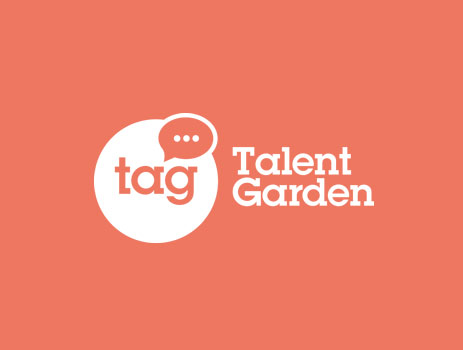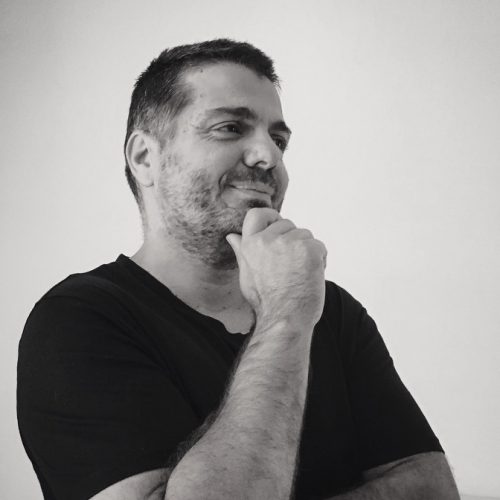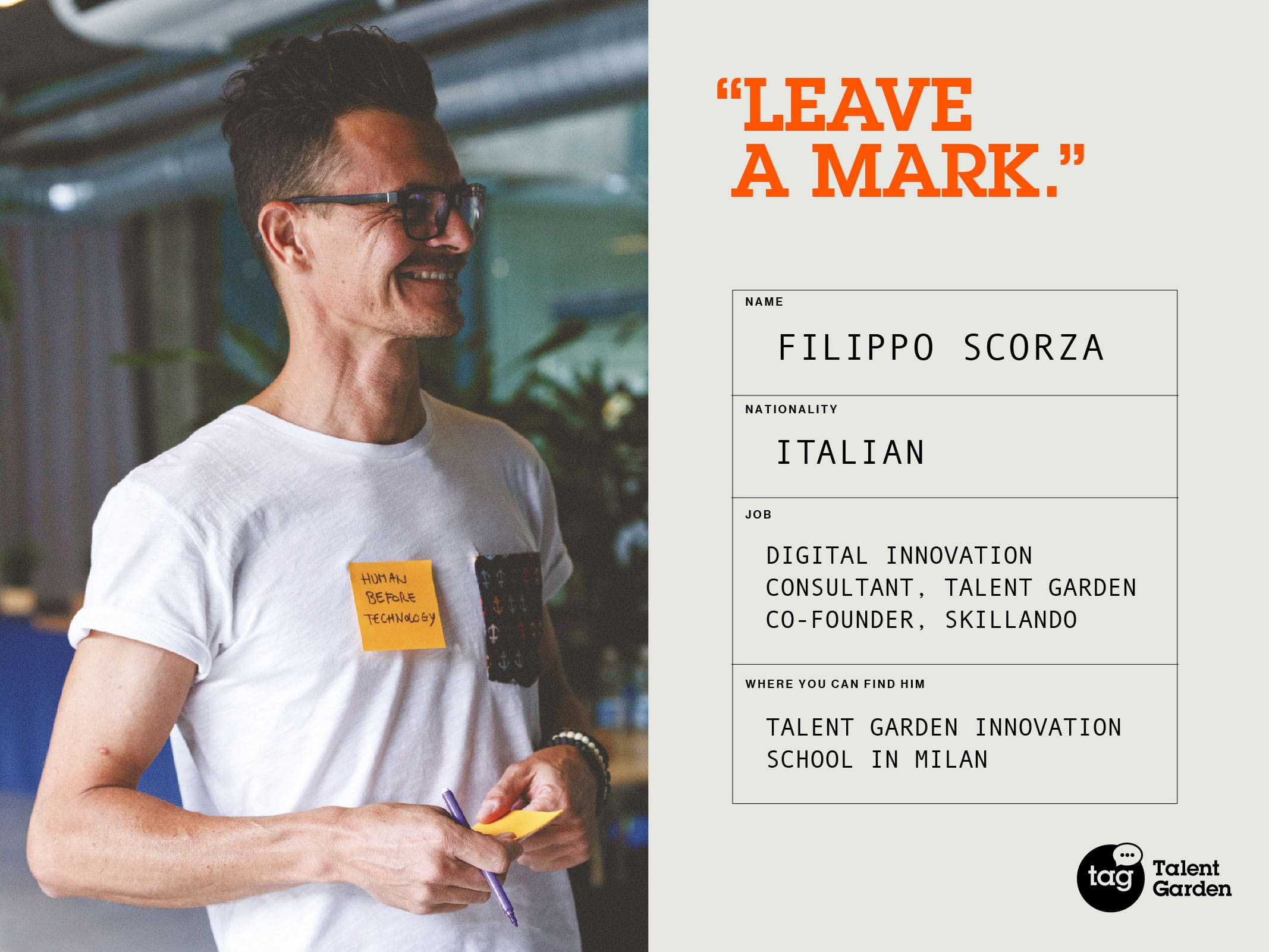Alfred, the revolutionary hi-tech cane for people with Multiple Sclerosis


Alfred is the new hi-tech cane which allows people affected by multiple sclerosis to face everyday life’s challenges. Its inventor is Filippo Scorza, a versatile Maker who has a variety of vocations, but also a student of the first Master in Growth Hacking at TAG Innovation School. Alfred is the winner of TechCare, a hackathon organized by Talent Garden, Sanofi Genzime and the Italian Multiple Sclerosys Society in Genoa last September. Today Filippo is the co-founder and CEO of Amyko and keeps working at Talent Garden Genova. Here is the story of his project and of his experience.
How did the idea of Alfred originate?
Alfred is a crutch concept conceived during TechCare, a hackathon organized by Sanofi Genzime in Talent Garden Genova. This event brought together engineers, doctors, nurses, researchers and, above all, patients with MS. Sitting around a table, we analyzed the daily life of these people who, unfortunately, are forced to constantly live with physical and psychological problems. The value proposition design was developed in collaboration with patients who outlined the barriers they face at home, in the city, at the supermarket and during their daily activities. We focused on one problem: the ambulation. The already existing solutions were radically "disassembled" and re-drawn, and we created "Alfred".
Which are the benefits of Alfred for a person suffering from multiple sclerosis?
Alfred is a crutch concept with a totally new design: we can see it as “fashionable” as well as it tries to solve the problem of "discrimination" affecting MS patients. Imagine a 20 years old girl who walks with the traditional crutches we find on the market today. And, Alfred is also incredibly smart! It’s connected to the smartphone via bluetooth so that the patient can be alerted, through tactile feedback, about possible sudden temperature changes (people with MS are very much affected by the changes in temperature). It also allows the user to call a Uber or a taxi by simply pushing a button: an event within the app is in this way activated to send a request featuring the person’s geo-localized position. In the event of a fall, Alfred is able to send an emergency text message to a relative, warning them of the circumstance. Furthermore, via an NFC tag embedded in the handle, the user can make payments using a contactless card without having to look for the wallet in the bag or backpack, thus avoiding any further movement.
Why did you decide to attend the Master in Growth Hacking at TAG Innovation School?
I decided to attend the Master in Growth Hacking because I’m the founder of Amyko, and we have been on the market for several months with an NFC wearable device that can share medical and first aid information if tapped by a smartphone or tablet. The Growth Hacker is a figure that helps business models grow and develop; he’s a very common figure in the start-up world. I chose this Master because I was fascinated by the topics covered: marketing, coding and data analysis are, in essence, the mix of skills that a Growth Hacker needs. The course allowed me to sharpen all those processes related to the digital activities that are typical of the customer journey and that help improve the user experience by analyzing data and modifying those variables that are performing poorly. The study of the end user and of their preferences is the key to a proposal for a fair value, easy to access and to understand.
Which are the main opportunities you get from running your activity in a coworking space?
It’s amazing: you can meet many people that experiment, build, create ideas and try to consolidate them. Coworking allows you to get in touch with different realities, stimulating new debates and confrontations, and suggesting alternative routes for your solution. Networking is the basis of the sharing economy: you have the possibility to share, confront with other people and work on your intuitions.
Which are your future plans?
In March 2017 I will attend the Social Innovation Program at the Amani Institute in Nairobi. I discovered this program at the closing speech of the Master at Talent Garden and I was really impressed by the experience described. Social innovation is definitively impacting our society: we are in the midst of the digital economy and we constantly live in touch with services that allow us to share experiences, resources, education and culture.

Don't Waste Your Talent. Turn It Into a Career With a Course That Fits Your Needs!
Keep reading

How to become Growth Hacker: interview with Theodore Moulos

Meet our Community: Filippo Scorza, the Co-founder of Skillando

Safely Supporting Those in Need: A Guide to Safe Donations for Turkey and Syria

